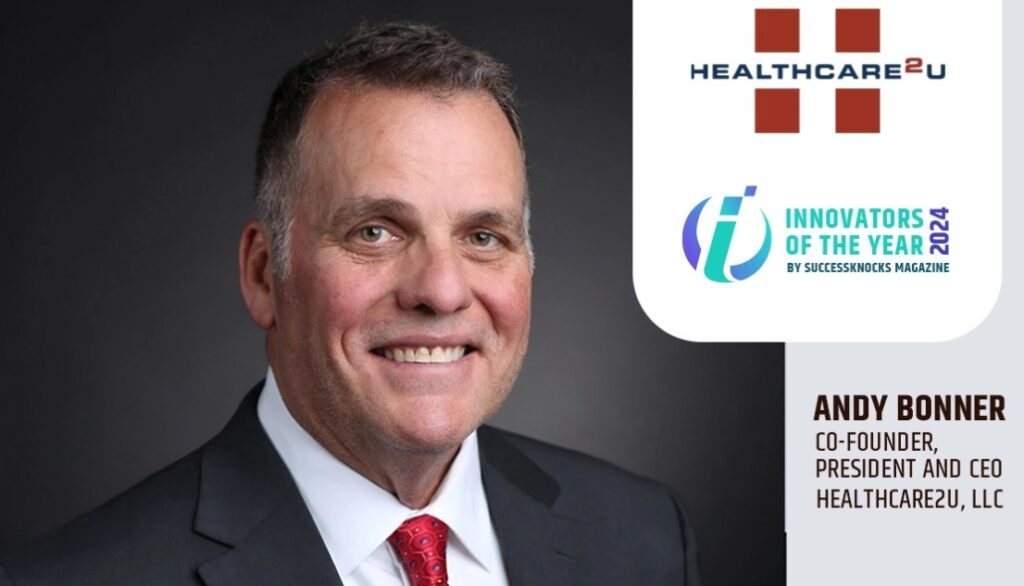According to the American Diabetes Association, as of 2018, almost 11 percent of Americans had diabetes. Over 1.5 million people are diagnosed with diabetes each year, and countless remain undiagnosed. With a chronic disease so prevalent, it’s essential to understand the causes and how awareness and quality healthcare can play a role in slowing its progression.
Type 1 Diabetes
Along with lupus and rheumatoid arthritis, type 1 diabetes is one of the most common autoimmune disorders. Doctors are still studying the direct causes of these disorders, but they consider heredity, age, and hormone levels as increased risk factors. Immune disorders typically reveal themselves in childhood or early teen years. If a parent has an autoimmune disorder, there is a greater risk one of their children will also have the condition.
Type 1 diabetes occurs when the immune system attacks and destroys the insulin-producing beta cells of the pancreas. Some scientists believe type 1 diabetes is caused by viruses that may trigger the disease, in addition to genes and other environmental factors. In any case, the result is too much glucose, or sugar, in the blood.
Type 2 Diabetes
Like type 1, type 2 diabetes also results in blood sugar levels that are too high, but the cause is different. Lifestyle factors and genes cause this more common chronic disorder. People who are not physically active and are overweight or obese are more likely to develop type 2 diabetes. Excess weight can cause insulin resistance and is common in people with type 2 diabetes.
Insulin resistance is usually the first step toward type 2 diabetes. This issue occurs when the liver, muscle, and fat cells do not use insulin properly. The body requires more insulin to help cells receive glucose to make up for the inefficiency. The pancreas tries to keep up with this increased demand, but over time it falls behind, and blood glucose continues rising to dangerous levels.
Stress and hormonal disorders like Cushing’s syndrome can cause the body to produce too much cortisol. Constantly elevated cortisol can also cause insulin resistance and lead to type 2 diabetes.
Uncommon Symptoms
Fatigue, increased hunger or thirst, and frequent urination are among the common symptoms of diabetes. But there are some unusual symptoms people don’t always associate with the condition. They include:
- Lightheadedness
- Vision changes
- Recurrent infections
- Sexual dysfunction
- Pain in your limbs
- Breath smells like fruit or acetone
- Nausea
- Itching
Awareness is Key
Genes are a significant risk factor in developing type 1 and type 2 diabetes. Learned behaviors, such as diet and exercise, also play a substantial role in type 2. Unfortunately, diabetes tends to run in families and occurs more often in these racial/ethnic groups:
- African Americans
- Alaska Natives
- American Indians
- Asian Americans
- Hispanics/Latinos
- Native Hawaiians
- Pacific Islanders
Perhaps some of the risk factors affecting these groups more than others are the lack of access to health education and quality healthcare in some areas. Traditionally, it was the primary care physician’s (PCP) role to screen for chronic diseases such as diabetes and educate patients when approaching the danger zone.
People with consistent access to quality healthcare tend to be more aware of their health and maintaining it, which lends itself to better health outcomes.
A PCP Can Help Manage Chronic Illnesses
It’s important to treat diabetes early because it can lead to blindness, kidney disease, irreversible nerve damage, or death if left untreated. If you’re feeling unwell, make an appointment with your primary care provider.
One of the benefits of a direct primary care membership is managing early-stage chronic diseases like diabetes at an affordable rate. Instead of expensive copays and deductibles, the monthly membership fee and low visit fee covers screenings and the treatment of chronic conditions within a manageable range.
For more information on managing chronic disease through a cost-effective direct primary care membership, contact Healthcare2U.







